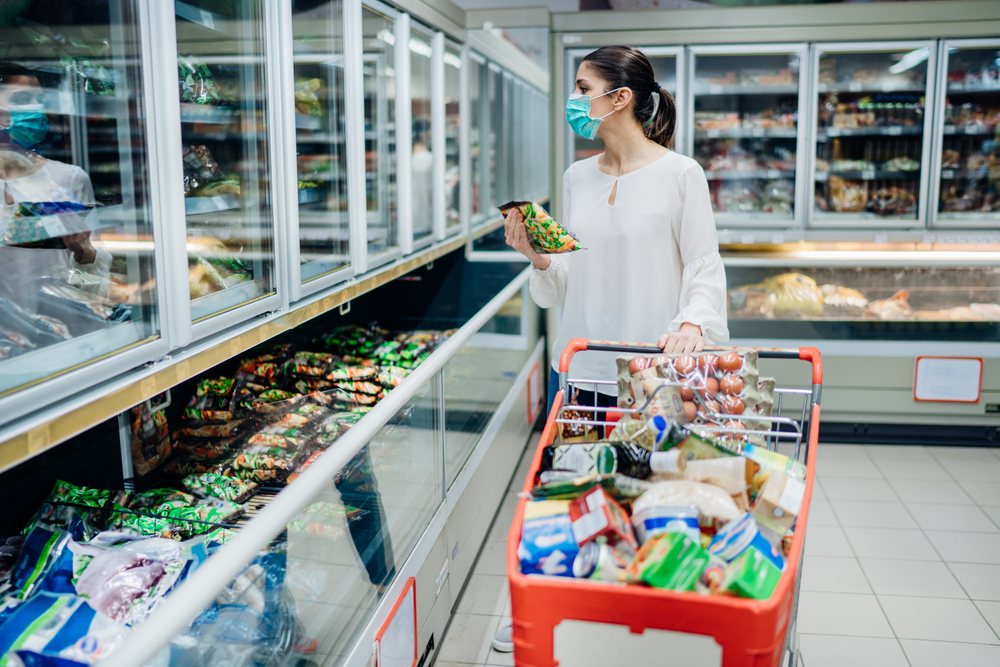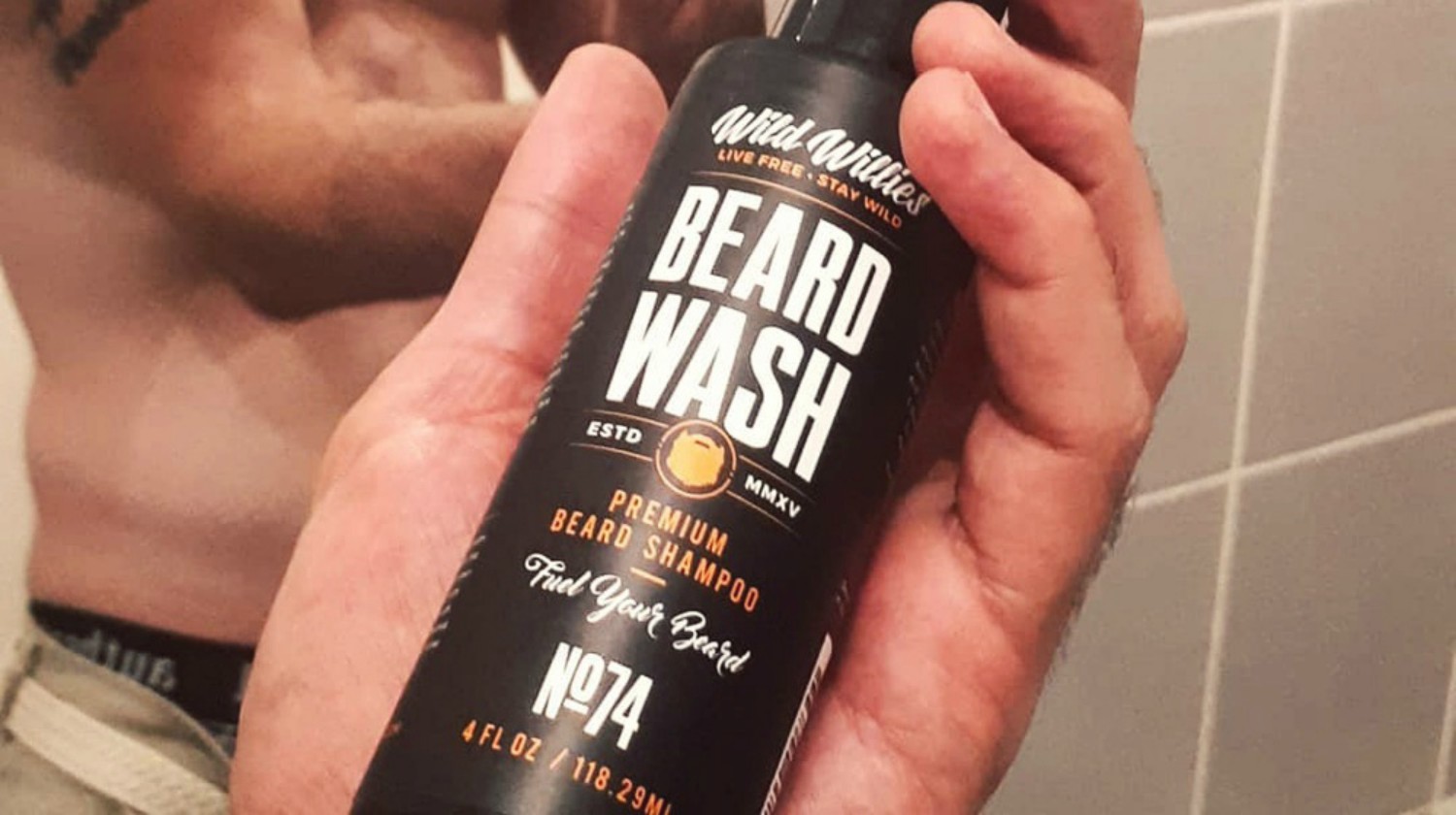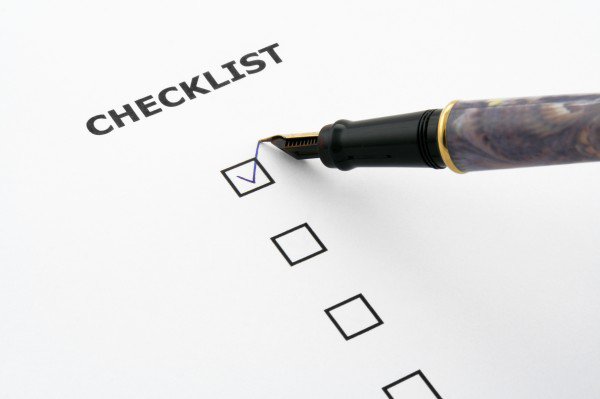Food Storage
How To Start Prepping On A Budget

Due to the sudden directive of the U.S. government for Americans to stay-at-home, many have lost their means to earn an income. But, you can’t sacrifice survival preparations because of the low funds.
To help you out, here’s how to start prepping on a budget.
Prepping on a Budget | Tips to Get You Through Covid-19
As coronavirus cases in the U.S. climb, and cities and states mandate “stay at home” directives, many Americans have been blindsided by just how quickly things can change.
Life as we know it came to a grinding halt in mid-March, starting with the abrupt cancellation of professional sports. Shortly thereafter, consumers emptied store shelves, schools shuttered, nonessential businesses were forced to close, and curfews were imposed.
In a matter of weeks, most Americans found themselves homebound and highly unprepared. Many lost their jobs or were furloughed, overwhelming the unemployment system. Few were prepared for these changes, and even fewer are prepared for more intense emergency situations.
Prepping These Days…
Interest in “Prepping” has skyrocketed as the average person realizes that emergency conditions can be declared across the world in just a few months.
The global pandemic that we are experiencing now is just one example of what can transpire; there is a myriad of other manmade and natural disasters that we should be prepared to weather. The answer to all of these is Prepping.
If you’ve been to a grocery or big box store lately, you know that supplies are hard to come by. Preparing for the coronavirus pandemic while it is happening is not efficient.
So how do you prepare for the next emergency?
Prepping does not have to be expensive, and you can prepare as quickly or as slowly as you need to, given your means.
Here are our top tips for prepping on a budget.
RELATED: How to Make Commercial Grade Hand Sanitizer
1. Prioritize Food & Water
As we’ve experienced firsthand, panic buyers will purchase all on-hand water, meats, dairy products, canned goods, and pasta. If you prepare properly, you won’t need to set foot in a grocery store as panic sets in.
Start putting away food items with long shelf lives. Purchase frozen, dehydrated, and canned items a few at a time so as not to overwhelm your budget. If you’re able to, buy in bulk to save money.
Start with a goal of enough food for 72 hours; increase that to 2 weeks, and when you can, increase that to a month. Always be striving for longer-term self-sufficiency.
You will want to have 1 gallon of water per day per person and pet in your household in an emergency, but buying water and constantly replacing it can become expensive. You can purchase a water filtration system and/or water purification tablets that will give you long-term access to fresh water.
If you’re prepping on a budget, you can also try making your own water purification system.
Pay attention to expiration dates and rotate foods so that your stash is edible when you need it. Be sure to buy items you will actually eat and that does not require cooking. Keep a balanced diet on hand.
2. Take Stock of What You Have
You may have more survival tools on hand than you realize. Duct tape and a basic first aid kit are high on every Prepper’s list, and chances are, you have them in your garage. Taking inventory of what you already own, and organizing those supplies can save you a ton of money down the road.
The main components of a Prepper’s tool kit are inexpensive. You can purchase these at your local hardware store, online, secondhand stores, or at garage sales if you don’t already have them handy:
- First aid kit
- Cord
- Tarp
- Mylar blanket
- Multitool
- Axe
- Duct tape
Knowing the many uses of each tool is more valuable than an expensive version of it.
3. Knowledge > Expensive Gear
There is no shortage of expensive Prepper gear on the market, from tactical bags to commercial food pails to survival kits. But all the money in the world won’t save you if society fails to get back up and running.
Knowledge of farming, local edible foliage, fishing, and how to build a shelter is far more important than anything you can buy. Making your education a priority is the most valuable investment you can make. Luckily, you can frequent your local library to learn without spending a dime.
4. Saving Money Is Key
Despite recommendations to save 20% of your salary each year, most Americans ignore this advice and live beyond their means. Saving money and having immediate access to this money will give you opportunities when others can’t say the same.
Down the road, you may be able to purchase land that you can live off of.
Start getting organized right away. Make lists of what your goals are and what you will need to achieve them. Take a look at your budget and see how much you can dedicate to prepping each week, then allocate your funds to different categories: food, supplies, and savings.
Don’t get caught off-guard again. Prepping on a budget isn’t that hard as long as you know what to prioritize to survive.
Up Next:
-

 Do It Yourself7 months ago
Do It Yourself7 months agoParacord Projects | 36 Cool Paracord Ideas For Your Paracord Survival Projects
-

 Do It Yourself9 months ago
Do It Yourself9 months agoHow To Make Paracord Survival Bracelets | DIY Survival Prepping
-

 Do It Yourself9 months ago
Do It Yourself9 months ago21 Home Remedies For Toothache Pain Relief
-

 Do It Yourself10 months ago
Do It Yourself10 months agoSurvival DIY: How To Melt Aluminum Cans For Casting
-

 Exports8 months ago
Exports8 months agoAre Switchblades Legal? Knife Laws By State








Pingback: DIY Solar-Powered Cellphone Charger – Bulletproof Survivors
Pingback: What We’ve Learned From Doing a Prepping Podcast for 5 Years [PODCAST] – The Self-Sufficient Life
Pingback: What We’ve Learned From Doing a Prepping Podcast for 5 Years [PODCAST] - Survivalnomics
Pingback: What We’ve Learned From Doing a Prepping Podcast for 5 Years [PODCAST] – Alive After USA Fall
Pingback: What We’ve Learned From Doing a Prepping Podcast for 5 Years [PODCAST] - Cooking in Quarantine
Pingback: What We’ve Learned From Doing a Prepping Podcast for 5 Years [PODCAST] | Best Go Bag
Pingback: What We’ve Learned From Doing a Prepping Podcast for 5 Years [PODCAST] – surviveurself
Pingback: Rural vs Urban Prepping [PODCAST] - Cooking in Quarantine
Pingback: How to Make Yeast | 4 Easy Way to Make Yeast from Scratch – Bulletproof Survivors
Pingback: Episode 263: Kevin Owens and Sean Kirkwood Talk Fieldcraft Survival Training 2022 Plans [PODCAST] – Sprent Brass
Pingback: 5 Life-Or-Death IFAK Mistakes [PODCAST] – The Self-Sufficient Life
Pingback: 5 Life-Or-Death IFAK Mistakes [PODCAST] – Bulletproof Survivors
Pingback: 5 Life-Or-Death IFAK Mistakes [PODCAST] – Sprent Brass